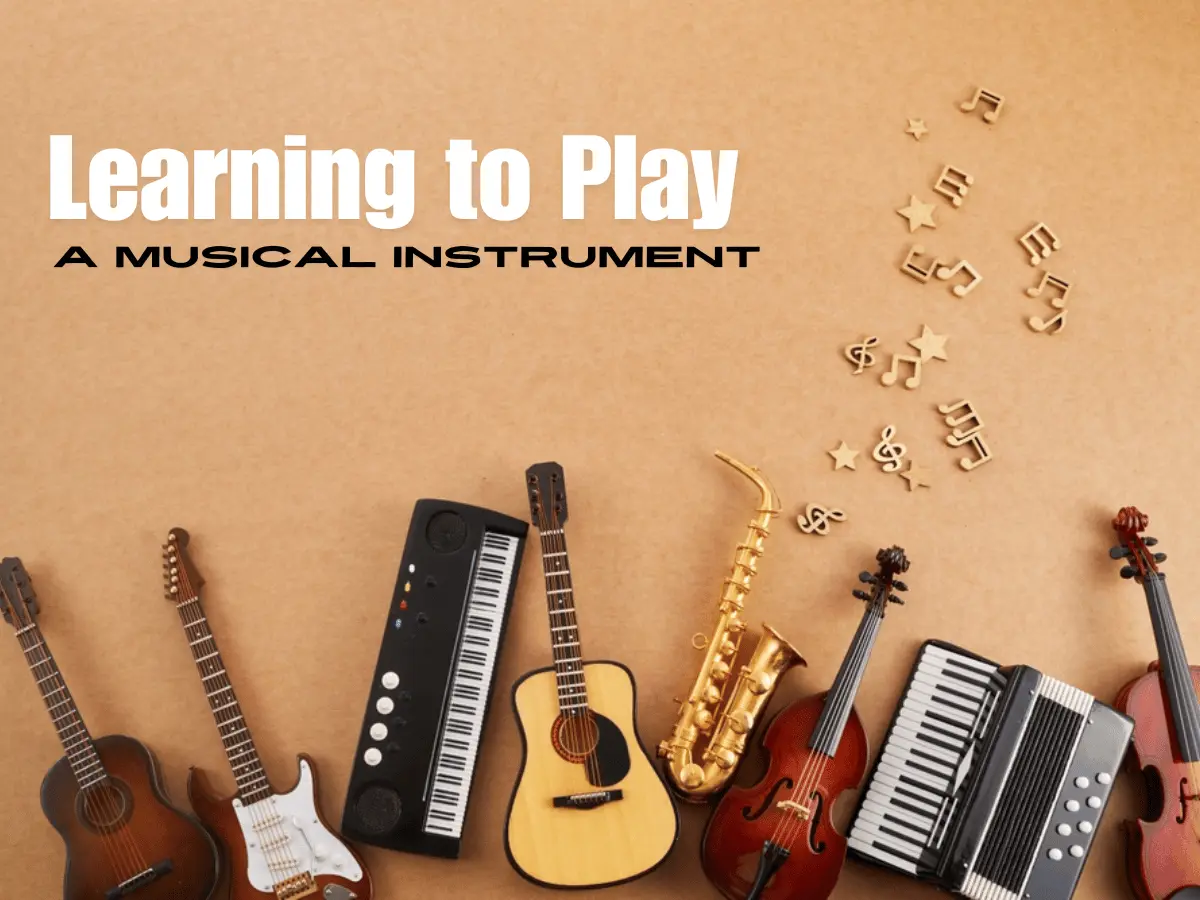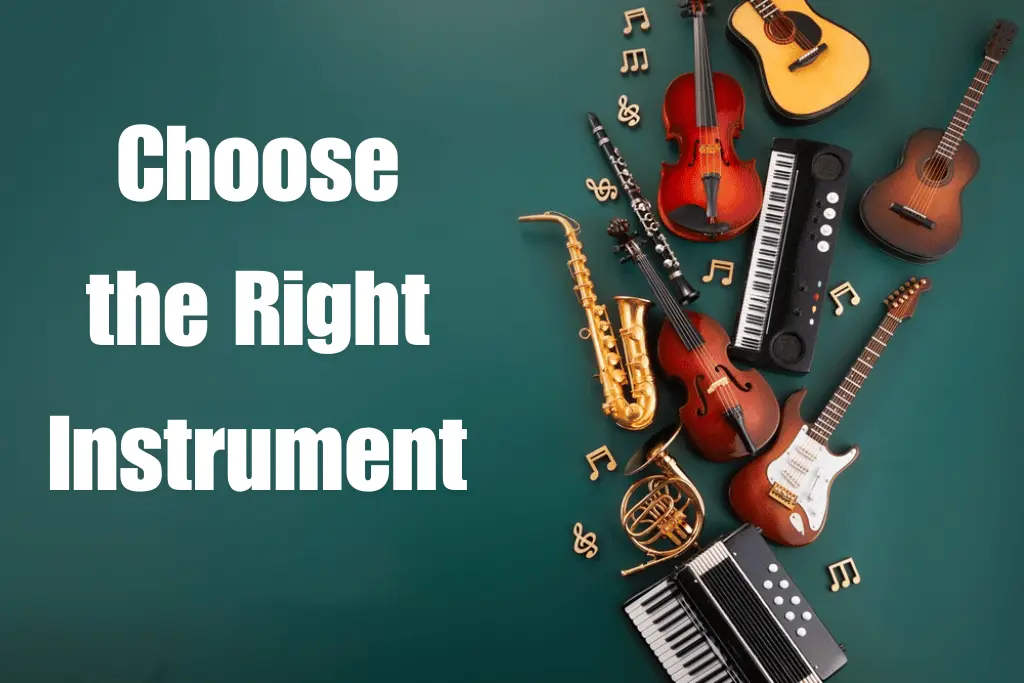Learning to play a musical instrument is a rewarding and enriching experience that can bring joy, relaxation, and a sense of accomplishment. Whether you’re a complete beginner or looking to pick up a new instrument, this guide will help you get started and stay motivated on your musical journey.
1. Choose the Right Instrument
Why It’s Important: Selecting an instrument that suits your interests and lifestyle can keep you motivated and excited about learning.
Tips:
- Consider Your Interests: Think about the types of music you enjoy and the instruments featured in those genres.
- Assess Practicality: Consider the size, portability, and noise level of the instrument. For example, a keyboard might be more practical for apartment living than a drum set.
- Try Before You Buy: Visit a music store and try out different instruments. Some stores offer rental programs, which can be a cost-effective way to start.
2. Set Realistic Goals
Why It’s Important: Setting achievable goals helps you stay focused and measure your progress.
Tips:
- Short-Term Goals: Set weekly or monthly goals, such as learning a new chord, mastering a song, or improving your timing.
- Long-Term Goals: Think about where you want to be in six months or a year. Do you want to play in a band, perform at an open mic, or simply enjoy playing for yourself?
- Celebrate Milestones: Acknowledge your progress and celebrate when you reach your goals. This positive reinforcement can boost your motivation.
3. Create a Practice Routine
Why It’s Important: Consistent practice is key to learn a musical instrument improving your skills and building muscle memory.
Tips:
- Schedule Practice Time: Set aside specific times each day or week for practice. Consistency is more important than the length of each session.
- Warm Up: Start each practice session with warm-up exercises to prepare your fingers, hands, or vocal cords.
- Mix It Up: Vary your practice routine to keep it interesting. Include technical exercises, scales, and playing your favorite songs.
4. Learn the Basics
Why It’s Important: Understanding the fundamentals provides a strong foundation for more advanced skills.
Tips:
- Music Theory: Learn basic music theory, such as reading sheet music, understanding rhythm and timing, and knowing key signatures.
- Proper Technique: Focus on proper posture, hand positioning, and technique from the start to avoid developing bad habits.
- Practice Slowly: When learning a new piece, start slow and gradually increase the tempo as you become more comfortable.
5. Use Learning Resources
Why It’s Important: Accessing a variety of learning materials can enhance your understanding and keep you engaged.
Tips:
- Online Tutorials: Websites like YouTube, Skillshare, and Udemy offer free and paid tutorials for different instruments.
- Books and Apps: Invest in instructional books or use apps like Yousician, Simply Piano, or Fender Play to guide your practice.
- Sheet Music and Tabs: Find sheet music or tablature for your favorite songs. Websites like Ultimate Guitar and Musicnotes are great resources.
6. Get Professional Guidance
Why It’s Important: A qualified teacher can provide personalized feedback and help you progress fasteer.
Tips:
- Private Lessons: Consider taking private lessons, either in-person or online. Look for a teacher who specializes in your chosen instrument and matches your learning style.
- Group Classes: Join group classes or workshops to learn alongside others and benefit from a supportive learning environment.
- Music Schools: Enroll in a music school or community college course if you prefer a more structured approach.
7. Play with Others
Why It’s Important: Playing with others can improve your timing, rhythm, and musicality.
Tips:
- Join a Band or Ensemble: Look for local bands, orchestras, or ensembles that match your skill level and musical interests.
- Attend Jam Sessions: Participate in jam sessions or open mics to gain performance experience and meet other musicians.
- Collaborate Online: Use platforms like BandLab or Soundtrap to collaborate with musicians from around the world.
8. Stay Inspired
Why It’s Important: Staying inspired keeps you motivated and passionate about playing your instrument.
Tips:
- Listen to Music: Explore different genres and artists to expand your musical horizons and find new inspiration.
- Attend Concerts: Go to live performances to see professional musicians in action and learn from their techniques.
- Set Challenges: Challenge yourself to learn a difficult piece or try a new style of music.
Conclusion
Learn a Musical Instrument is a fulfilling journey that requires patience, practice, and perseverance. By choosing the right instrument, setting goals, practicing regularly, and seeking guidance, you can develop your skills and enjoy the many benefits of making music. Remember, the most important thing is to have fun and enjoy the process!
Do you have any tips or experiences on how to learn a musical instrument? Share them in the comments below! If you found this guide helpful, share it with others who are starting their musical journey.



















Leave a Reply
View Comments